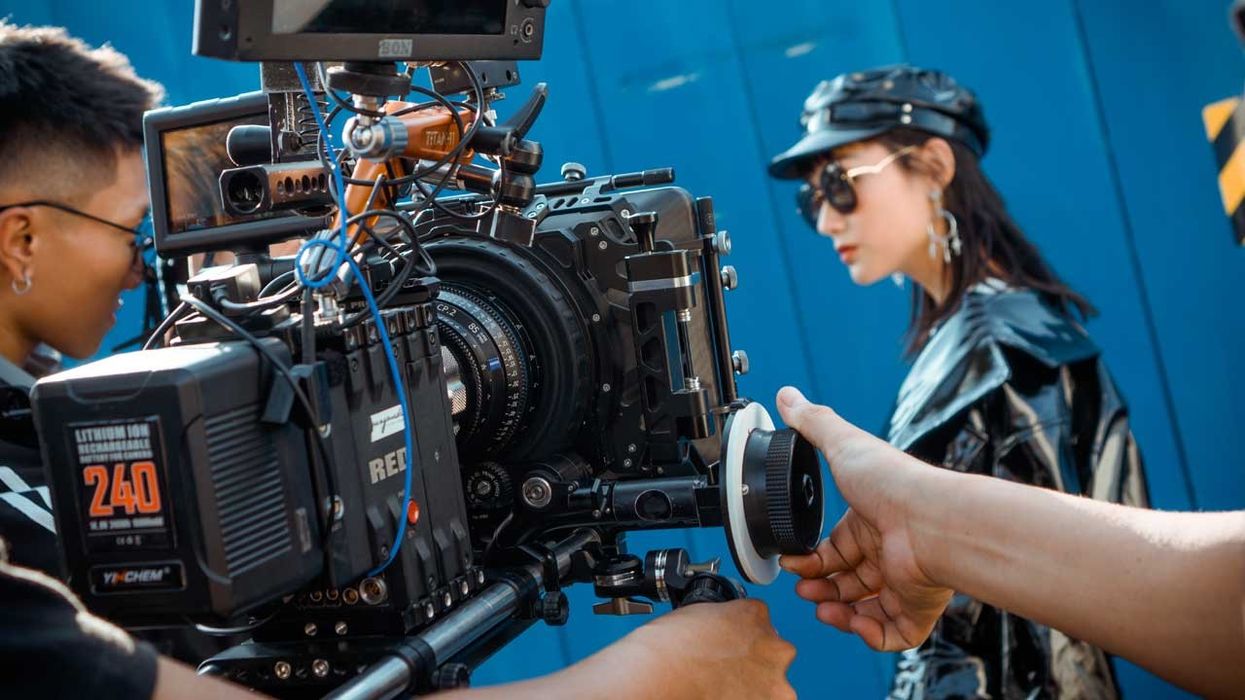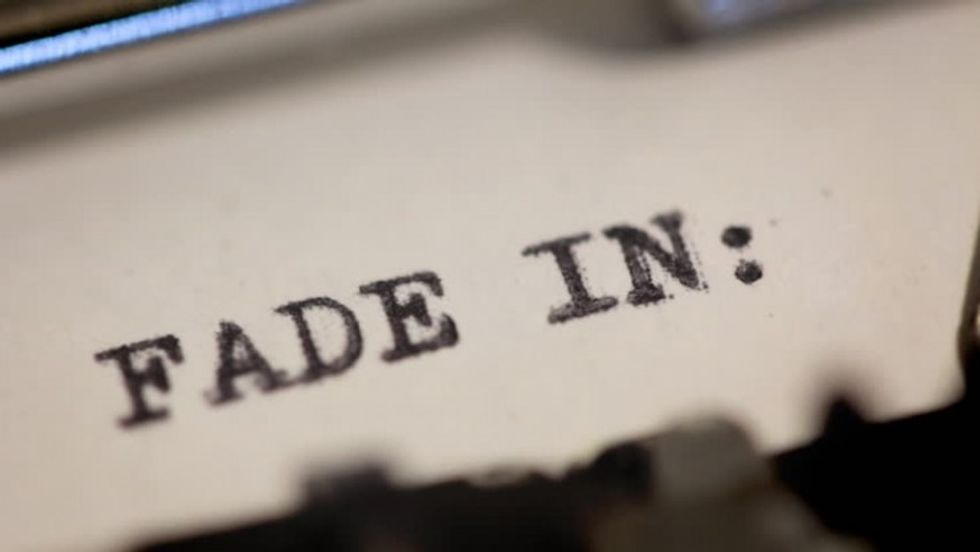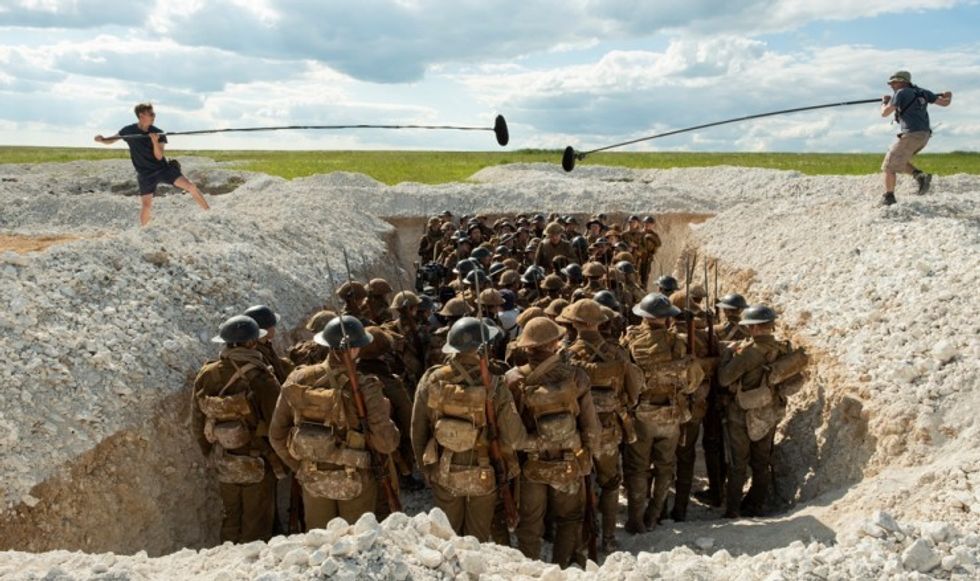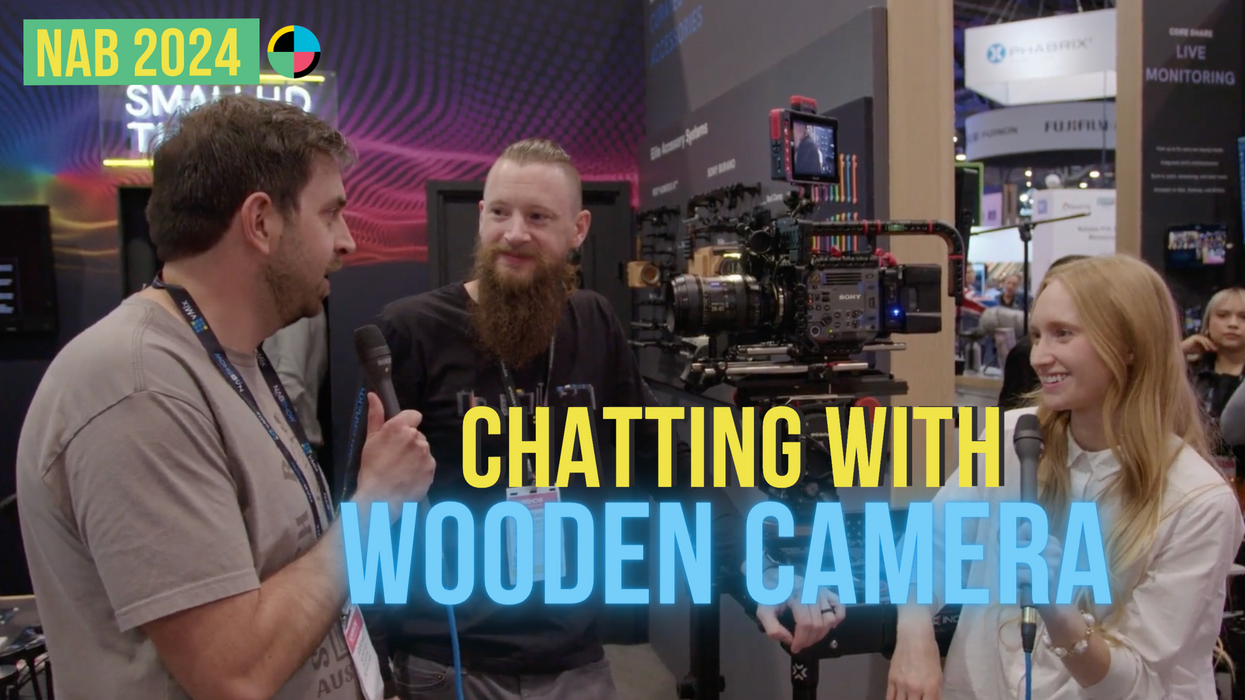6 Indispensable Things You Need to Know Before Shooting Your First Independent Film
Consider these tips before approaching your next project.

When you’re starting out as a filmmaker, making your very first independent film, you’re up against a lot of expectations from the one critic who matters most: yourself.
There's a lot of pressure to get it right at any cost. You want it to be amazing to showcase your talents, ideas, and perspective. And to validate your abilities in your own mind.
It’s a crucial first step that you have to take, and let me tell you now, you’re going to make a lot of mistakes along the way.
But, here are the 6 things you need to know before you start shooting your independent masterpiece.
The story matters most
Regardless of how amazing the picture looks, how well the costumes fit, or how many one-liners you throw at the viewers, the number ONE thing that will engage your audience is how you layout and deliver your narrative. That is the most difficult part of storytelling, but fortunately for you, the independent filmmaker, it is absolutely free.
You should write, write, and re-write your screenplay as many times as you can before you ever think about your first day of production. Have friends, peers, or classmates that you trust read it just to give you their opinion. Gather people together for a table read so you can see the story acted out to identify plot holes, and pinpoint where the story might be confusing or starting to drag.
Once you have an ironclad script that you are proud of, you can move onto planning your production.
Budget accordingly
Filmmaking is an expensive endeavor. Break down your screenplay scene by scene and determine what the realistic total budget for your production is going to be. If you don’t have the capital to get things moving, wait until you have raised the funds, or consider rewriting your script into something more aligned with your resources.
Some really great films have been made with zero dollars, and some really awful movies have been made with millions. Manage your expectations but don’t assume anyone (even friends or family) will help you for free.
Pre-production is key
In a lot of ways, making a movie is just like putting on a play or planning a party. You need to be prepared for everything that's going to happen in your story and everything that could potentially fail on your shoot.
Break down every scene into its basic components, listing everything you will require. Cast, crew, locations, props, food...everything. You can never be too prepared.
Storyboards are a fantastic way to outline and organize your scenes, but they can also help to get everyone on the same page about what you’ll be doing visually and when on your shoot. If you can’t draw, simple shapes can represent characters or props, and there are some really cool apps (like Shot Designer) that help you block scenes from a bird’s eye view that are very helpful.
The most important crew member
People often credit the cinematographer for the look of the film, the director for the vision, and the producer for bringing it all together, but nobody ever credits the sound recordist for being able to hear what everyone is saying. If all you have is a shoestring, micro-budget the number one crew member you should pay for is a good sound person.
The audience’s ability to hear the dialogue clearly will greatly influence their perception of your story. No one should be straining to hear what’s going on.
Know where your film is going
Filmmakers are artists, but filmmaking is a business and you have to approach it with marketing and distribution in mind. Having known talent in the cast of your picture is the best way to secure distribution, but if that isn’t an option, follow the trends. Genres have audiences and distributors look for movies they can sell.
However, if your goal is just to have your artistic story seen at festivals and screenings, consider the topic and final length. If it’s topical, and can fit into a programming slot for a festival, you’ve got a good shot at getting in.
Don’t do it if...
Don’t make your movie just to make a movie. Make a movie that you're 100% behind and passionate about. There are already so many movies out there that are workshopped, focus-grouped, marketed to death. Storytelling is an ancient art of humanity. It is how we teach, learn, and discover viewpoints that are beyond ourselves. Make your movie because you have a story to tell.
Make your movie to pull people into your world, your story, your point of view. Make your movie to inspire not to sedate. To engage not to wash past. Take the passion for the things that you think and feel, for the ideas in your mind, for the words that have to be heard, seen, and felt to be understood and put them on the screen for everyone to experience.
Regardless of what you do, you’re going to make mistakes. If you’re passionate about it, your first film is going to completely take over your entire life until its done. Once you’ve finished it, you will have seen it so many times that you won’t ever want to watch it again. But you’ll realize you did a fantastic job when no one sees the little mistakes you’ve made because they were too wrapped up in your story.
What tips can you share with other filmmakers? Let us know in the comments below.


















